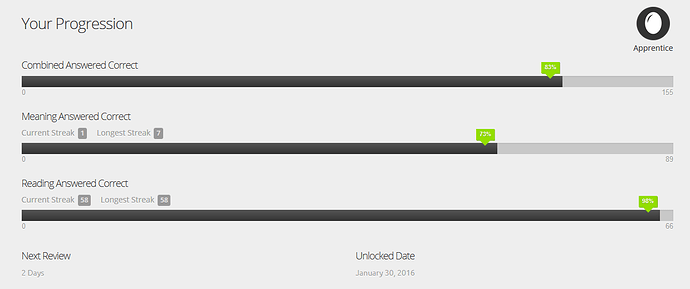There might actually be something wrong with me.
To transmit, to be trasmitted, to transmit something
To reflect, to be reflected
So many like this I can’t keep them straight for nothing
I always mix up these two but I think I’ve found a way to deal with them now…
警視庁 - Metropolitan Police Department
警察庁 - National Police Agency
Yes oh my gosh I hate these two. What’s your way of dealing with them?
WARNING: This makes no god damn sense what so ever
Somehow I can remember 警察庁 - National police Agency
This one is the “easy” one that “makes sense” cause it’s 警察 - police and 庁 - agency.
For some reason I can connect “National” to being more general and therefore “easy”.
(I told you, this makes no sense)
So for 警視庁 - Metropolitan Police Department, I just brute force sat there and thought:
“ok, 警, the POLICE (but not the WHOLE police, just the 警 is really WATCHING/OBSERVING 視 something. Since it’s not the whole police it is hard to observe a whole NATION (警察庁) so they are only observing Tokyo. Therefore it’s the metropolitan one.”
And then since this is the “complicated” one I just though that it’s not 庁 - agency, which I learned. So it has to be the other one which is “department”.
I swear, my mnemonics are usually not this clunky.
欠かす and 欠ける (to miss and to lack) - Why “to miss”? This is stupid.
近日 (soon) - I hate this one with a passion. 近 is used in both 近年 and 最近 to mean “recent”, so surely it would make sense of this to mean "recently”? Nope. It refers to the future.
年来 (for some years) - Why do I keep thinking this is “several years”? What is wrong with me?
There are some general rules for transitive and intransitive verbs but I still struggle with them a lot.
When I get an intransitive verb that ends in “eru” I literally flip off my computer screen.
When I first realized that a-sounds in the kana (e.g. 上がる) were usually intransitive and e-sounds (e.g. 上げる) were usually “transitive” I thought, “Hell yes, this finally makes sense!”
…Then I encountered the endless, endless exceptions and variants, which I have no clue whatsoever how to keep straight.
I’ve essentially given up on getting transitive/intransitive distinctions correct. I just hope the context of what I’m reading (which for me is manga) will make their use in a sentence obvious, and accept that I’m gonna misinterpret things sometimes.
As with many things in Japanese, there are always some basic ‘rules’ that can help but there will always be annoying exceptions i.e. irregular verbs, numbers (二十歳), exceptions in the pronunciations of certain particles, odd loanwords, 外来語 / 和製英語, etc…
Japanese learning for me is always a cycle of:
- Struggle to memorise grammar/vocabulary
- Gaining a ‘eureka’ moment where it suddenly becomes clears that there are patterns and rules
- Disappointment as you realise there always exceptions to the rules
- Learn exceptions to the rules through repetition.
I used to have so much trouble with those also, but I got some good help on those in Leech Squashing thread. Here’s a link Leech Squashing - #473 by acm2010. Thanks to this and the next few replies I haven’t gotten them wrong since!
I hate these with passion too. Thank you for resonating with my sentiments.
I’m glad to know I’m not the only one who flips off their screen while doing WK reviews ![]()
I do that every time i enter the wrong part of speech on a kanji card–
“oh? it’s not ‘reject’ but ‘rejection’? how about ‘the bird’? Is ‘the bird’ an acceptable answer?”
交じる and 交わる ![]()
![]()
![]()
This screenshot doesn’t show what item you’re having problems with
Those two, with 交ぜる are forever going between my apprentice and guru queue. I think I’ve beaten 交わる now but the other two are a constant struggle.
Good going! I’m gonna get my revenge on those two next time ![]()
![]()
公社 (public corporation) and 公用 (government business). What is a “government business” anyway? Why is 公 “public” in one and “government” in the other? It hurts, it hurts.
I don’t think it’s “business” as in a corporation, I’m pretty sure it’s business as in “that’s none of your business,” or “sticking your nose in someone’s business,” and how come the only examples that I can think of sound really passive aggressive
Like, maybe think of it as, “in an official capacity,” or something like that?
